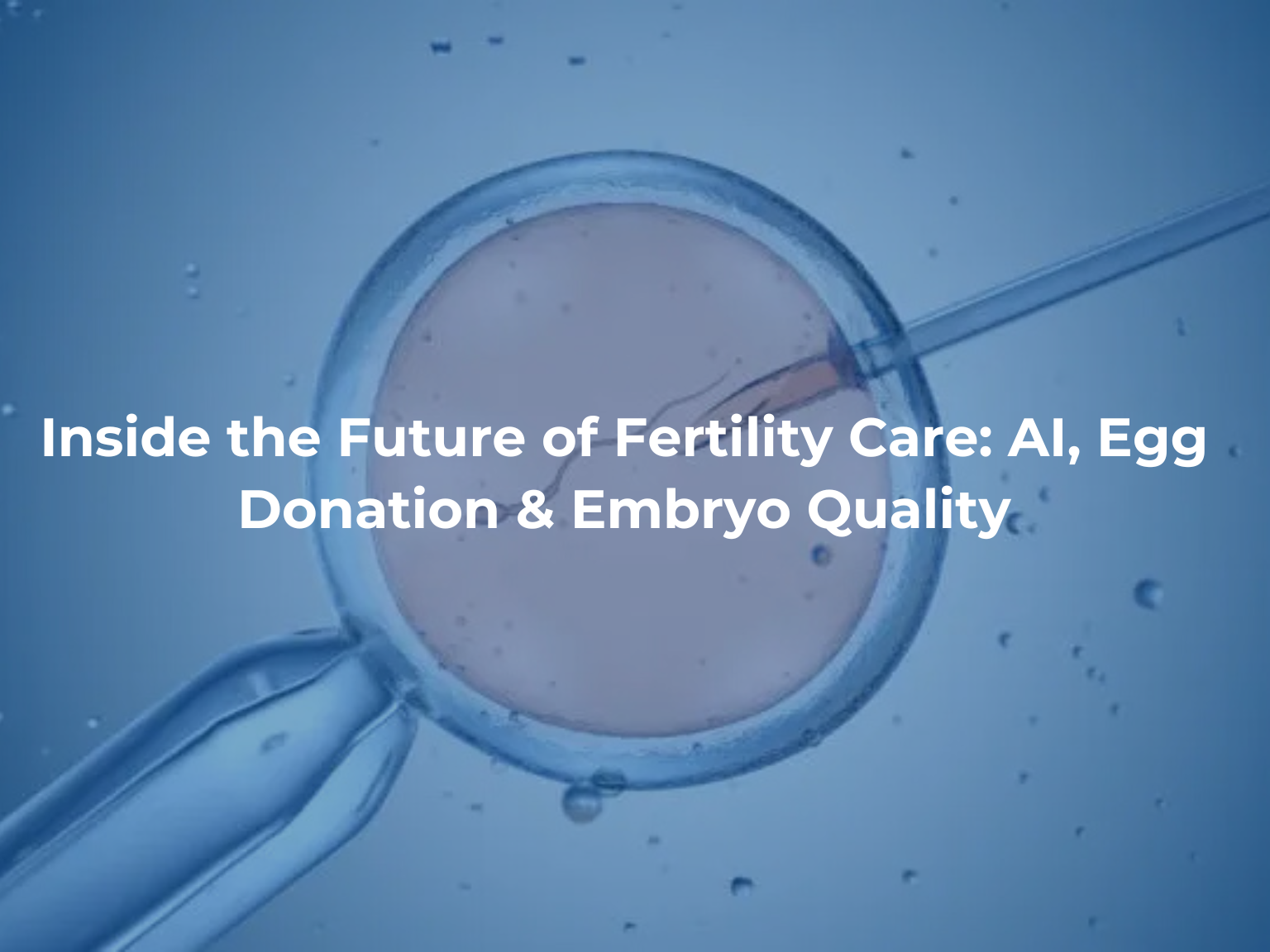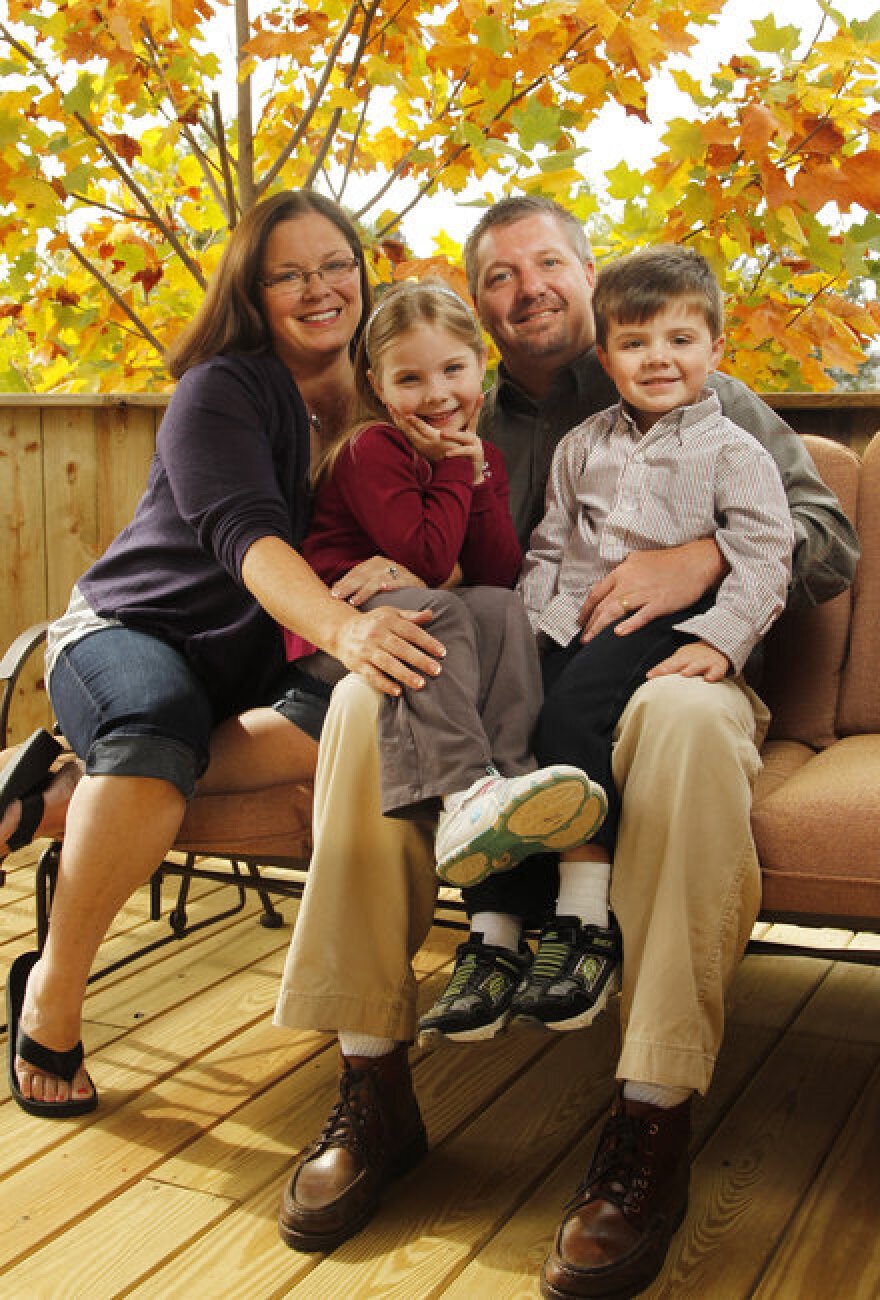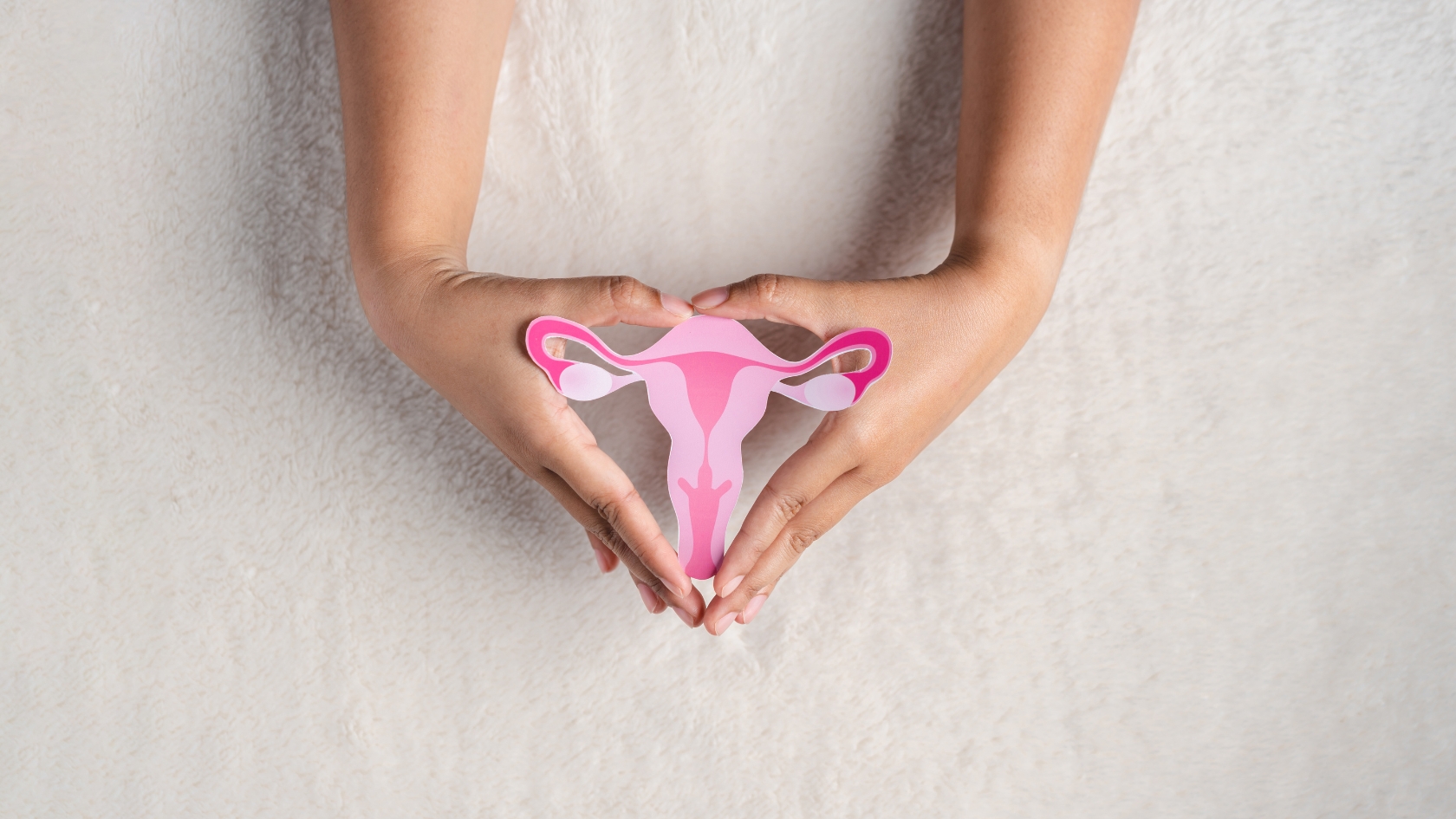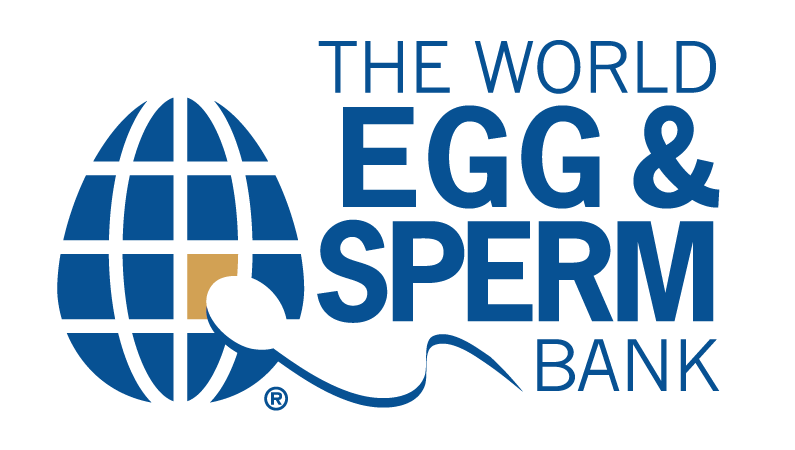Inside the Future of Fertility Care: AI, Egg Donation & Embryo Quality

The World Egg and Sperm Bank (TWESB) has long been recognized as a pioneer in reproductive technology, donor egg and sperm services, and ethical fertility care. In a new YouTube Q&A session, TWESB founder Diana Thomas and world renowned Scientist, Klaus Wiemer, PhD, HCLD, EMB share how the organization is leading the next frontier in assisted reproduction: AI-powered fertility treatment.
From cryopreservation innovations to cutting-edge embryo evaluation tools, Klaus sheds light on how artificial intelligence is transforming the accuracy, consistency, and transparency of fertility care for donors, clinics, and intended families alike.
The Game-Changing Role of AI in Fertility Care
TWESB is now the first egg bank in the U.S. to integrate second-generation AI technology into its egg and embryo evaluation process.
“Integrating AI into our processes allows us to assess aspects of oocyte quality and potential that were previously imperceptible to the human eye,” says Klaus.
“This technology provides both a quality score and a blastocyst prediction score, helping us deliver even higher quality outcomes for our patients.”
AI scores bring objective data into what was once a subjective process — allowing clinicians to make more informed decisions about embryo development and donor egg selection.

Enhancing Accuracy and Reducing Human Bias
Traditionally, oocyte quality was assessed visually, leaving room for human bias. But with AI integration, TWESB is able to provide score oocytes consistently, improving reliability and removing guesswork from a critical step in fertility treatment.
“With AI, we can reduce variability and ensure that every patient receives the most scientifically sound evaluation possible,” Klaus explains.
This leap in clinical embryology supports TWESB’s ongoing mission to provide transparent, ethical, and evidence-based fertility care.
A Legacy in Cryopreservation and Scientific Leadership
With decades of experience in cryopreservation and embryo development, Diana’s leadership at TWESB reflects a lifelong commitment to improving outcomes for IVF clinics and families.
“TWESB represents the culmination of years dedicated to advancing reproductive technologies,” Diana says.
“Our integration of AI continues that legacy while setting a new benchmark for fertility care.”
What Families Should Know About Donor Eggs and Sperm
Not all donor eggs or sperm are created equal — and Klaus stresses the importance of education and transparency for those starting their family-building journey.
“Variations in technique, protocol, and lab experience can greatly impact success rates,” he notes.
“Understanding these differences helps intended parents make more informed choices.”
The application of AI will add a new layer of quality assurance to the donor egg and sperm process, empowering families with clearer expectations and more reliable results.
The Future of AI in Embryology and Infertility Treatment
Looking ahead, Diana believes AI will become a standard in clinical embryology, offering insights into egg quality, optimizing treatment outcomes, and enhancing the way clinics handle donor gametes.
“This technology will only make us better — it’s a tool to support our embryologists, reduce uncertainty, and improve transparency for everyone involved,” she says.
Watch the Full Video
To hear more from Diana and Klaus on the future of AI in fertility care, donor egg and sperm insights, and TWESB’s mission to lead with innovation and integrity, watch the full YouTube Q&A here.
Learn More
Visit www.theworldeggandspermbank.com to explore donor options, clinic partnerships, and TWESB’s latest AI-powered advancements.





